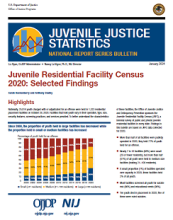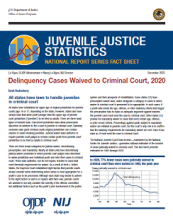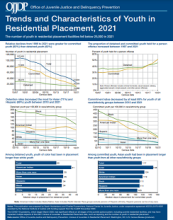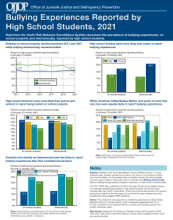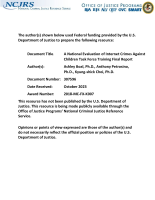Arrested Development: Does the Grade Level at Which Juveniles Experience Arrest Matter
NCJ Number
255198
Date Published
2015
Agencies
NIJ-Sponsored
Publication Type
Research (Applied/Empirical),
Report (Study/Research),
Report (Grant Sponsored),
Program/Project Description
Publication Link


